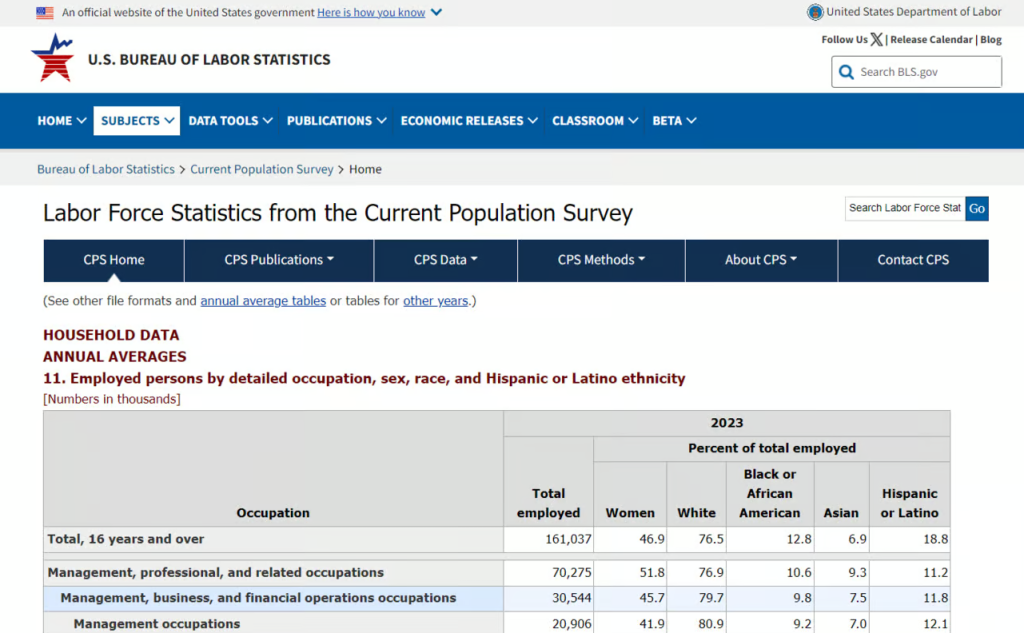SourceCon Community,
Hey.
Hi.
Hello.
Whassuupppp???!!!

Do people still say that? I mean, I know they tried to bring it back once before. But I don’t think it stuck. Well, one thing I know people are still talking about is DEI initiatives. It was a hot topic at ERE earlier this year in Austin, TX and among the chatter in their roundtables. Quick aside, the ERE conference was very well done. Check out some of my favorite quotes from the conference…
- “Quality of hire isn’t pornography where you know it when you see it.” Mary Faulkner
- “The more data you share, the more data they want.” Melissa Thompson
- “Empathy – The first step to a good candidate experience” Craig Fisher
- “Slides don’t kill people. Bullets (bullet points on a slide) kill people.” Jason Roberts
- “HR is the place you go when you can’t get a government job. When I heard that I wanted to punch him.” Jim Durbin
- “AI is a drunk looking for his housekeys under a streetlamp.” Jim Durbin
If you ever have an HR itch to scratch, ERE is the place to be, but I digress. I was talking about DEI.

People were discussing its importance and how recent developments have endangered its progress. DEI received a lot of support but I could not help but wonder if people were more concerned about being politically correct and not seeing things more objectively. I give you an example of what I mean. I remember this article from a few years back. I quote…
Cesar Conde, the new chairman of NBCUniversal News Group, outlined a workforce goal of 50% diversity on Tuesday, telling employees that as “a news organization we have a unique responsibility to reflect the country and all of the communities we serve.”
“The NBCUniversal News Group is not going to wait for change to happen and just react to it. We’re going to lead,” he said in a video to employees on Tuesday. “As a news organization, we have a unique responsibility to look like and reflect all of the people of the country we serve.”
He said that the goal is for 50% of the news organization employees to be women and 50% of their total workforce be people of color, with plans to boost recruitment and education programs and to invest in more documentaries and investigative content focusing on communities of color. The 50% goal is long term, with no exact date set to reach it, but he said that progress would be reported publicly every year.
While I can appreciate the intent behind his goals, is it realistic? For that matter, are companies with similar goals likely to succeed. I think not, solely based on talent analytics. Let me give you a few examples.
Consider the labor force statistics from the current population survey, which is data from the Bureau of Labor Statistics. It sums up the percentage of minorities in various industries.

Based on the data from the U.S. Bureau of Labor Statistics (BLS), some of the industries with the lowest minority representation, showing significant discrepancies in diversity:
- Farmers, Ranchers, and Other Agricultural Managers: 96.2% White, 1.4% Black, 0.8% Asian, 6.4% Hispanic.
- Cost Estimators: 96.2% White, 0.3% Black, 1.9% Asian, 7.6% Hispanic.
- Property Appraisers and Assessors: 94.7% White, 0.6% Black, 4.1% Asian, 11.9% Hispanic.
- Surveying and Mapping Technicians: 94.8% White, 2.3% Black, 1.5% Asian, 8.7% Hispanic.
- Insurance Sales Agents: 88.1% White, 5.8% Black, 2.7% Asian, 11.0% Hispanic.
- Real Estate Brokers and Sales Agents: 86.2% White, 5.9% Black, 4.7% Asian, 11.8% Hispanic.
- Financial Managers: 80.3% White, 8.4% Black, 9.3% Asian, 9.3% Hispanic.
Given this situation, is it realistic for companies in these industries to significantly boost the proportion of Asian, Latino, or African-American representation within their workforce, when BLS data indicates that these groups are underrepresented?
Now am I suggesting that diversity sourcing and recruitment is a waste of time? Certainly not! There is plenty of data supporting the assertion that company diversity leads to better profits. However, I do think a healthy dose of data is necessary for managing the expectations of hiring managers with unrealistic demands. As I meditate on it now, I think DEI initiatives are a strong argument on why Sourcers need to be trusted advisors and not only champions at finding purple squirrels.
But hey, maybe I have it all wrong? What do you think? Post your comments on social media and tag @SourceCon and we may include it in an upcoming newsletter. Cool?
Cheers,
Jim Stroud
Your SourceCon Editor
😉
